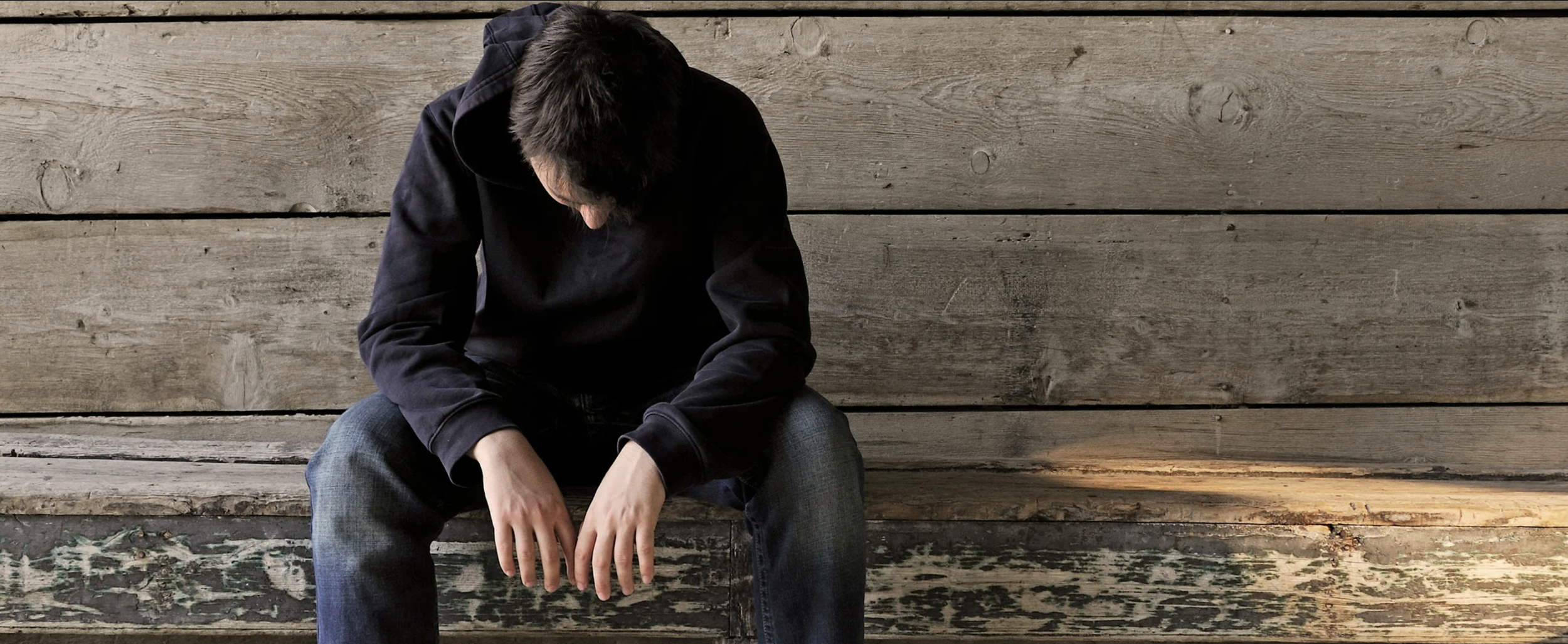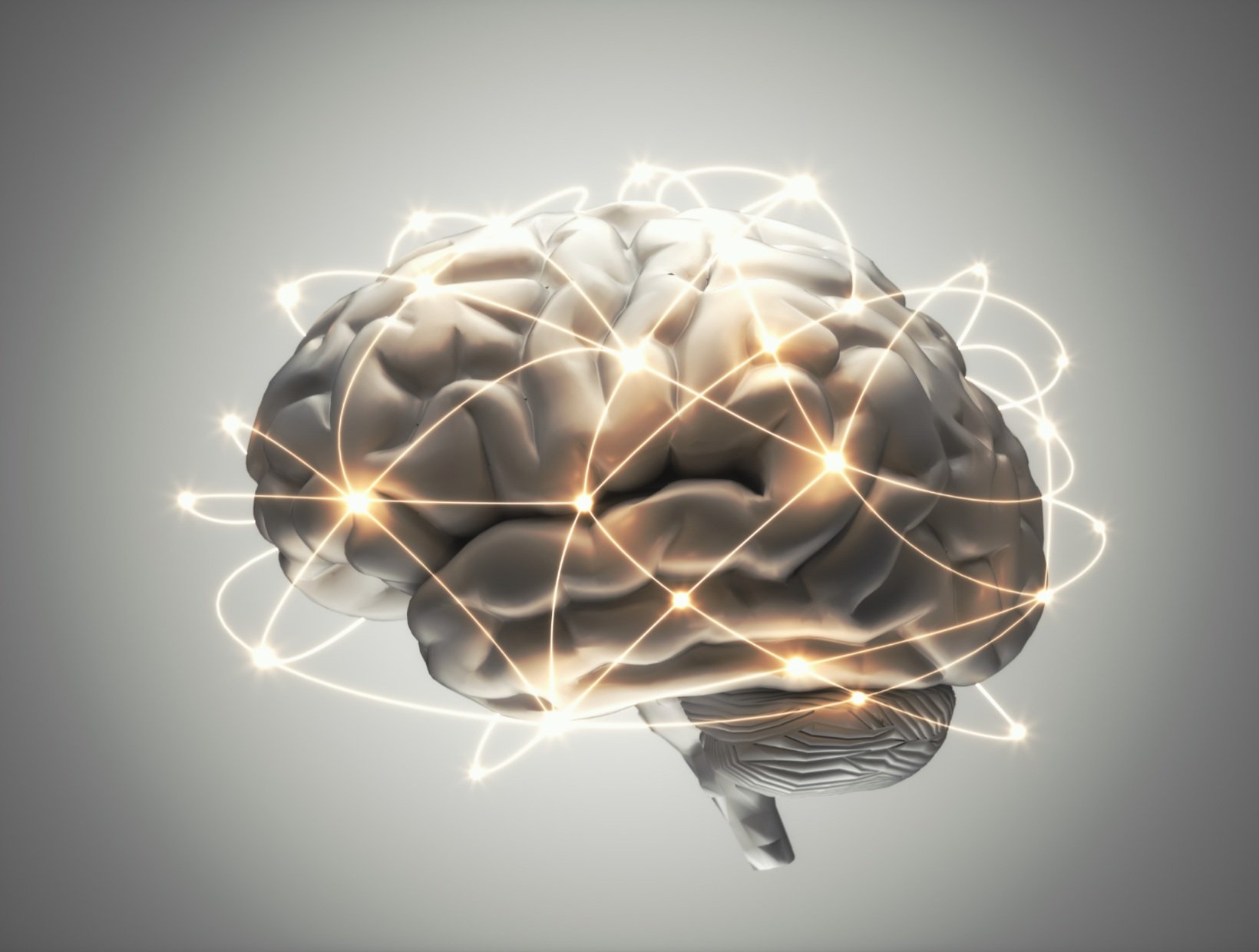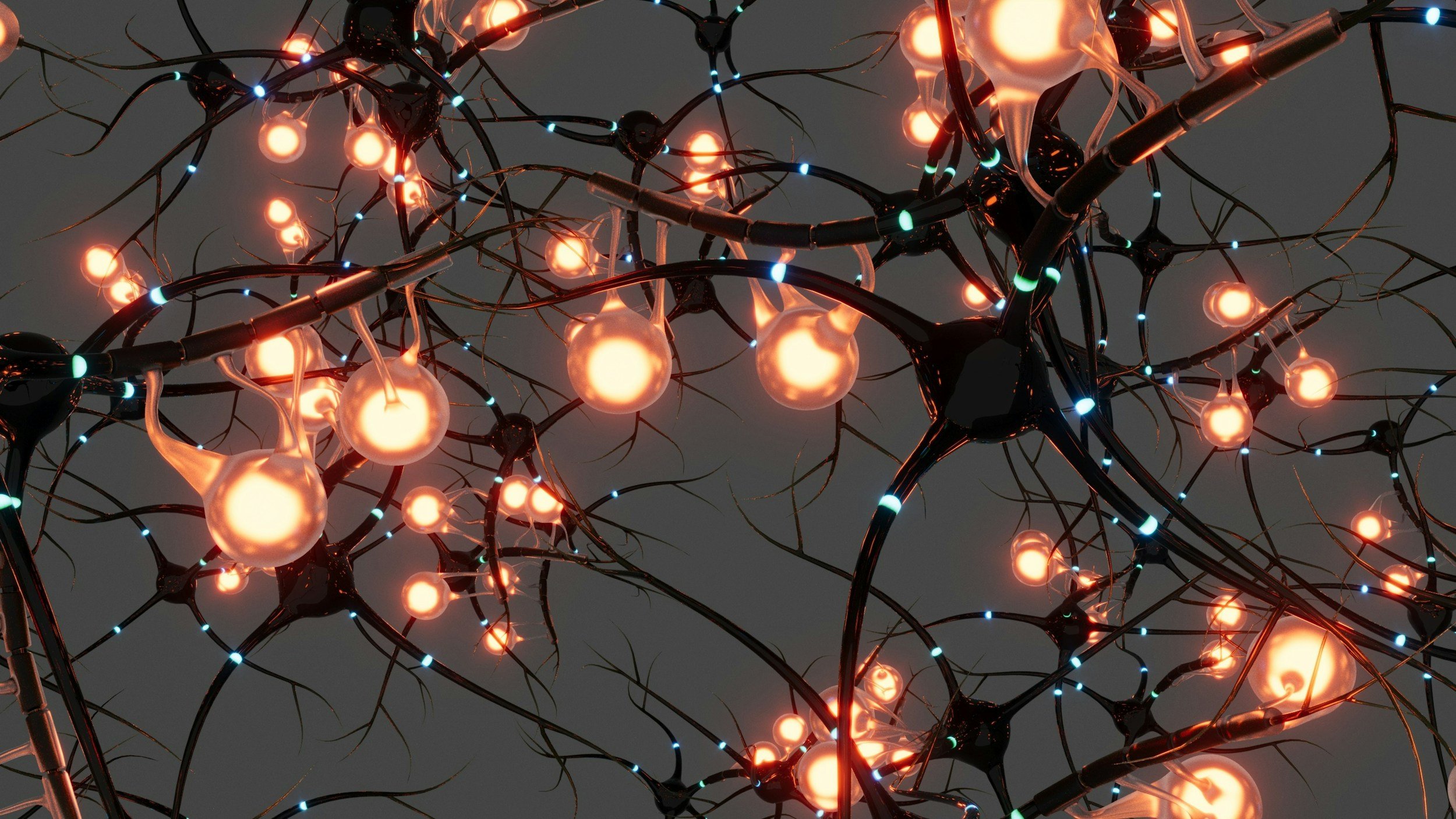
Is substance use or abuse causing unwanted consequences in your life?
Do you want to cut down on your consumption or quit completely?
Do you ask yourself— “How did I end up here?”
Whether you know you have an addiction problem, think you might, or want to reduce your consumption (harm reduction), there is a different path forward that leads to a much better version of yourself and a happier, more fulfilling life.
Nearly all of us struggling with addiction try to manage the problem ourselves. We’re embarrassed and don’t want to admit we have a problem so we avoid getting help.
We try and beat it through willpower. We try not to consume on certain days of the week. We use alternative substances and tell ourselves they are less harmful.
When we do get help, the help we receive often isn’t individualized for our specific set of circumstances or problems.
I know this because I’ve been there. As a former alcoholic and pain pill addict, I understand what it feels like to be in a constant battle with yourself. [Read my story.]
But what if you could approach substance abuse in a new way, guided by the latest in neuroscience? Substance abuse is rooted in the brain, so it’s only natural the solution lies in the brain as well.
Neuroscience-based coaching leverages the brain’s natural capacity to heal, change, adapt, and evolve.
By understanding the brain science behind your actions, you can replace feelings of helplessness with actionable strategies and begin to forge a path toward lasting Recovery - one that is grounded in compassion, self-awareness, acceptance and meaningful change.
There is a new life waiting for you, but you have to take the first step and ask for help.
There’s actually strength in seeking help, not shame.

Why Neuroscience Coaching Works for Addiction
Addiction isn’t just a matter of willpower - it’s rooted in complex brain patterns that alter the brain’s reward system, and influence emotions, thoughts, and behaviors.
Addiction happens in the brain. It causes a malfunction in your brain’s reward system and depresses cognitive functioning.
Fortunately, neuroscience coaching works with your brain’s natural ability to change and adapt to rewire neural pathways into a better way of functioning.
While your brain is healing, rewiring will occur through a process of recovery - regulating emotions, re-evaluating thoughts, identifying triggers, developing new behaviors, building new habits, and approaching each day with a plan.
You’ll build a new life and way of being that no longer relies on alcohol or drugs as a coping mechanism.
As your recovery coach, I get to know you on a deep, personalized level. This enables us to establish trust, and formulate your new life built on happiness and fulfillment and based on your own unique set of needs, goals. aspirations and values.
But, what about treatment programs?
Traditional inpatient and outpatient treatment centers have very high relapse rates. It is estimated that over 80% of patients relapse within the first year. As someone who went to two different treatment centers, I’ve reflected deeply on why these programs struggle to deliver lasting results. I believe it comes down to four key issues:
A One-Size-Fits-All Approach: Most treatment centers rely on cookie-cutter approaches, treating every patient the same without considering their unique histories, needs, desires and aspirations. The same curriculum is applied across the board, leaving little room for personalized care or meaningful one-on-one support tailored to each individual’s circumstances.
Lack of a Holistic Focus: Recovery isn’t just about getting sober —it’s about healing, rewiring the brain, building a new life that fosters happiness and fulfillment, and creating new psychological and behavioral experiences. Yet many treatment centers neglect vital components including diet, exercise, sleep, mindfulness, neuroscience, emotional intelligence, and other teachings and practices that are essential to supporting a successful life in recovery. Without addressing all of the elements, it’s difficult to achieve lasting change and reap all the benefits a life in Recovery has to offer.
Inadequate Life Skills Preparation: One of the biggest challenges people face after treatment is learning how to navigate life again without drugs or alcohol. Their old life is still there, but they no longer have drugs or alcohol to cope with their stressors. Unfortunately, most programs fail to adequately prepare individuals for this transition. While theory is taught in abundance, there’s rarely enough practical application to help clients redesign their daily lives and practice real-world scenarios. It’s one thing to stay sober in a controlled environment, but staying abstinent while re-entering your old life is a completely different challenge.
Neglecting the Neuroscience of Addiction: Understanding the neuroscience of addiction is critical for meaningful recovery, yet many treatment centers fail to teach this foundational knowledge. Addiction causes the reward system in the brain to malfunction, and recovery requires intentional effort to rewire it so it finds reward and motivation in non-addictive pleasures. Without this understanding, individuals are often left in the dark about why they struggle and how to take control of their recovery process.
Why hire me as your Recovery coach?
In 2013, my life had reached a tipping point. I was trapped in addiction, unable to stop using pain pills and alcohol. I had to confront some of the hardest, most fear-laden questions about myself and my future. After three different stints in treatment centers over a six month period, I finally embarked on a recovery journey that completely transformed my life. It wasn’t just about overcoming addiction—it was about addressing the tangled web of harmful behaviors, lack of emotional intelligence, harmful ways of thinking and reinventing my approach to life. In hindsight, I’m deeply grateful for the struggle, as it forced me to seek and embrace the help I desperately needed.
Addiction is more than something you read about in a book—it's a lived experience. And there’s no better guide through recovery than someone who’s walked that path and emerged stronger from it. Someone whose experienced what does and doesn’t work along the way. I know how overwhelming and isolating addiction can feel, and I also know what it takes to get sober and stay that way. As a Recovery Coach and a long-time former member of Alcoholics Anonymous, I’ve had the privilege of sponsoring and supporting many individuals in their recovery journeys, helping them rebuild their lives in ways that make them proud.
Addiction doesn’t just affect our health, behavior, relationships and careers—it causes a malfunctioning of the reward system in the brain. Long before I became a certified Neuroscience Coach and Consultant, I was fascinated by the science of addiction: what it does to the brain’s reward system, how it distorts cognitive processing, and most importantly, how the brain can heal and rewire itself again. My passion led me to complete advanced graduate coursework in neuroscience and addiction. I possess the academic expertise, the lived experience of my own Recovery, and the coaching experience helping others on their path to recovery.
Recovery isn’t just about getting sober—it’s about creating a life of purpose, meaning, fulfillment and happiness. It’s the endless pursuit of pursuing the best version of yourself. It’s about valuing the process of getting better in every way possible. Sobriety is where recovery begins, but it’s not where it ends. Without actively pursuing recovery, the odds of maintaining sobriety are slim. Recovery is an opportunity to rebuild your life in a new and different way, to become the best version of yourself. You lose alcohol and drugs, but you get yourself back, only this time as a much better version. It’s a tradeoff that is well worth it, I assure you.
I’ve been there, and I know the road ahead. With compassion, empathy, experience, and a deep understanding of addiction, I’m here to help you navigate your journey and build a fulfilling life in recovery.
Your life depends on it—and your future deserves it!
What is Addiction?
Addiction fundamentally alters the brain, particularly the networks responsible for reward processing and cognition, making it difficult for individuals to regulate substance use once addicted.
Cognitive functions like judgment, impulse control, planning, and decision-making are impaired, creating a cycle where the brain prioritizes addictive substances over healthier natural rewards.
The brain naturally experiences pleasure from activities essential to survival—like eating, drinking, and procreation—through the release of dopamine, a neurotransmitter that reinforces these behaviors. Normally, this system is beneficial, encouraging us to seek out life-sustaining activities.
However, addictive substances like nicotine, alcohol, cocaine, meth and heroin hijack this system. They release far more dopamine, and they do so faster and with more frequency than natural rewards. Over time, the brain begins to prioritize these substances, as the high levels of dopamine make them feel more desirable than everyday pleasures. In essence, addictive substances override the brain’s natural reward system, leading individuals to focus on the addictive substance at the expense of other meaningful activities.
As addiction progresses, the brain develops tolerance, becoming less responsive to dopamine in an attempt to regulate the excess. This results in diminished pleasure from both the substance and non-drug-related rewards. To achieve the same effect, individuals need larger doses, more frequently.
This creates a paradox: the "liking" or enjoyment of the substance decreases over time, but the "wanting"—or craving—intensifies. Everyday activities that once brought joy feel flat and unrewarding. Despite the mounting negative consequences for themselves and their loved ones, individuals with substance use disorders continue to use because their altered brain chemistry makes the substance necessary just to feel normal.

What is Recovery?
The Brain Can Recover from Addiction – But It Takes Time
Recovery from addiction is possible, but it requires patience and commitment. The brain needs time—measured in months up to a year—to heal from the damage caused by substance use and to rewire itself for healthier functioning. The length of time depends on factors such as the type of substance used, the severity and duration of use, the extent of damage, and the steps taken to support the brain’s healing process.
As the brain heals, an individual must actively participate in their recovery in order for the brain to rewire. Recovery isn’t just about abstaining from alcohol or drugs; it’s about building a new life structure with healthier pursuits and coping skills. It’s about prioritizing happiness over pleasure. This process of healing and rewiring, known as neuroplasticity, is supported by rediscovering pleasure in life’s healthy, natural joys—like enjoying nutritious food, connecting with friends, spending time with pets, dancing, or serving the needs of others. Learning new skills or activities contributes to this positive rewiring, creating new pathways for happiness.
A crucial part of recovery is learning to care for oneself in ways that promote health and well-being. Neuroplasticity means the brain’s ability to change and adapt through rewiring itself. The choices we make—whether beneficial or harmful—shape the direction of that change. Supporting positive neuroplasticity involves practices like maintaining a healthy diet, engaging in regular exercise, getting enough sleep, and regulating stress through mindfulness, meditation, breathwork, or spending time in nature. Taking on new challenges and pursuing learning opportunities stimulates neuroplasticity and creates pathways for positive outcomes.
Recovery is about rebuilding the brain’s reward system to find fulfillment in long-term happiness rather than chasing short-term highs. It’s learning to cope with life’s discomforts without escaping through substances. For many, this process may also include seeking therapy to address past trauma, mental health conditions, or brain chemistry imbalances. It also involves developing emotional intelligence and healthier responses to life’s challenges.
Sobriety vs. Recovery
Sobriety and Recovery are related but also distinct. Sobriety means abstaining from mind-altering substances. Recovery, on the other hand, is the ongoing pursuit of becoming the best version of oneself. It’s a lifelong, daily commitment to living with intention, discipline, and harmony—both within ourselves and with the world around us.
Successful recovery depends on creating a life that is deeply satisfying and fulfilling over the long term, as opposed to a life that prioritizes short term pleasure highs. Contentment and happiness initiates the release of the neurotransmitter serotonin. This contrasts with the short-term dopamine-driven rewards from substance abuse. We still need dopamine for the motivation to pursue activities that reward us, and during Recovery we work to rewire the brain’s reward system to experience reward from healthier pleasures.
If we don’t create happiness in Recovery, we are susceptible to reverting to old patterns, our brains are wired to seek reward. The key is to build a rewarding lifestyle that provides more long-term happiness and fulfillment than our previous life using addictive substances.
Sober Companionship for Corporate Executives
A sober companion is a confidential, dedicated partner in your journey to sobriety, offering guidance, support, and practical strategies to help you achieve or maintain recovery.
For corporate executives, this means having a trusted ally by your side during business days, social events, business travel, weekends, or other professional commitments, helping you stay grounded and focused on your sobriety goals.
Take the first step toward breaking the cycle of substance abuse today!
If you’re ready to break free from the cycle of substance use, abuse or addiction and achieve lasting change, Neuroscience Coaching can help you succeed.
Let’s talk!
Schedule a free consultation and take your first step toward finding fulfillment and happiness.





